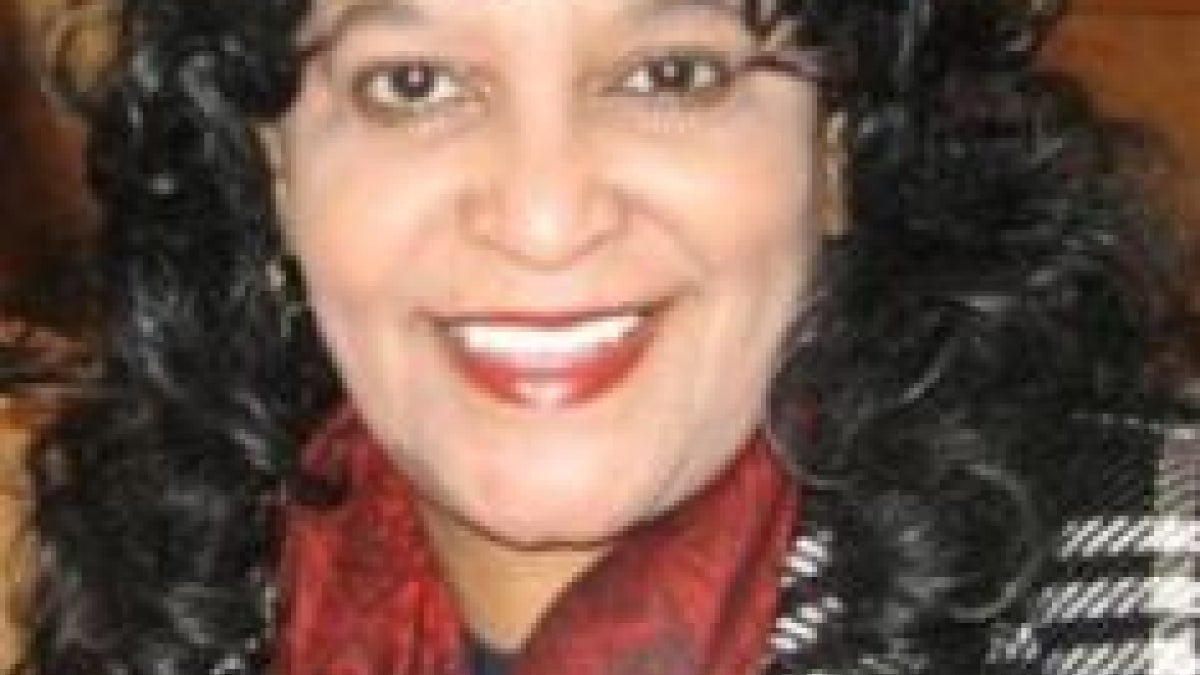At SILC, professor finds opportunity to grow Arabic program

Professor Souad T. Ali.
The School of International Letters and Cultures is a place for leaders, and one of the people demonstrating that is Souad T. Ali. In 2004, instead of going to Princeton, she came to Arizona State University and helped build the Middle Eastern Studies program into its current form.
“This was going to be an excellent opportunity for me to build a program,” Ali said. “I never regretted that.”
She credits President Michael Crow, the deans and the provost with helping her found the Council of Arabic and Islamic Studies, an organization that promotes interactions and collaboration between ASU and groups throughout the Arab and Muslim worlds, an especially timely mission.
“The mission statement of the council is very consistent with my goals, from the very beginning of the program. To build cross-cultural understanding, multiculturalism, interfaith dialogue, diversity at ASU,” Ali said. “Education, and education as the key word, to help people understand both cultures.”
Ali and the department’s books and research all help ASU students down that path, and as enrollment numbers increased, it only became more effective. For her students, between events and classes, Ali builds connections between language and culture, creating multiple avenues for exploring Arab and Muslim worlds.
Ali is also a humanities fellow, part of a small group at SILC who promote cultural understanding for groups around the world “to promote research, to help those who are going for full professor,” Ali explained.
Her current project within that group is a book on Kuwaiti women in positions of leadership. This original study illuminates the relationship between the advocacy of women’s issues and power in the State of Kuwait. It identifies how women in positions of authority in Kuwait are, or are not, sympathetic to a feminist framework; how such women perceive their role in society; and by what path they advocate furthering women’s issues in Kuwait and the Gulf Region.
With her help, SILC has added the Arabic studies certificate and Arabic studies minor, and most recently added the International Letters and Cultures bachelor’s degree concentration in Arabic studies.
“It’s important, this breakthrough,” Ali said. “Huge cultural projects … helping deconstruct misconceptions.”
More Arts, humanities and education

ASU instructor’s debut novel becomes a bestseller on Amazon
Desiree Prieto Groft’s newly released novel "Girl, Unemployed" focuses on women and work — a subject close to Groft’s heart.“I…

‘It all started at ASU’: Football player, theater alum makes the big screen
For filmmaker Ben Fritz, everything is about connection, relationships and overcoming expectations. “It’s about seeing…

Lost languages mean lost cultures
By Alyssa Arns and Kristen LaRue-SandlerWhat if your language disappeared?Over the span of human existence, civilizations have…

